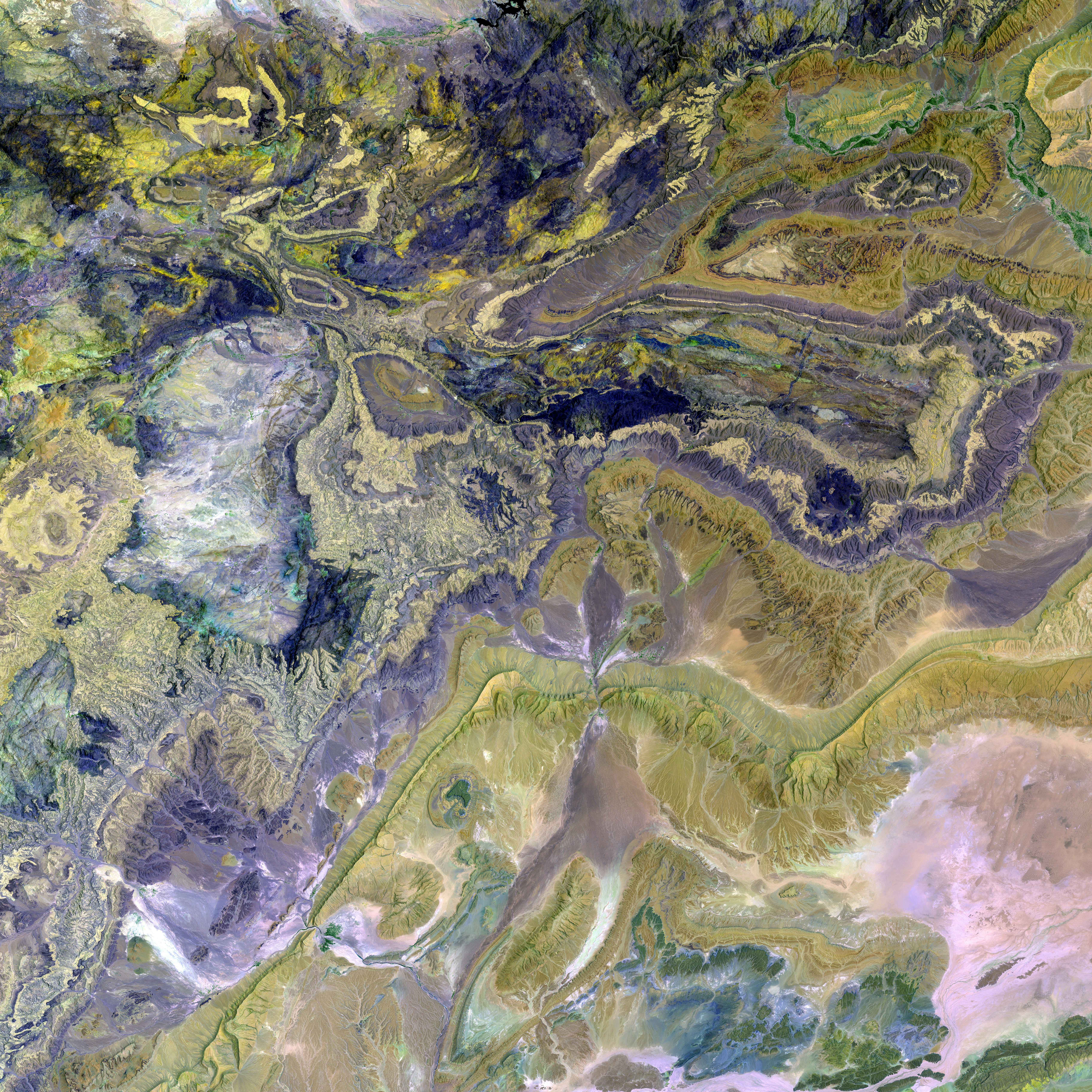Trump Takes on DOJ Platform: A Defiant Broadside Against Media, Politics, and Justice
- Media Criticism by Leading U.S. Outlets Constitutes Illegality, Says Trump
In a power move, former President Donald Trump stormed into the U.S. Department of Justice on March 15, 2025, armed with a fiery speech that took aim at the media, his political adversaries, and the criminal justice system. This unprecedented event pushed the boundaries of presidential decorum, as the DOJ became an unlikely battleground for political rhetoric, blurring the lines between law enforcement and partisanship.
Trump's speech echoed the tone of a political campaign rally, culminating in the replay of his signature campaign song, "YMCA." Such a scene in the Justice Department is unusual, as appearances there are normally rare and presidents typically maintain a distance to avoid speculation about the department's independence. But Trump, in his characteristic fashion, defied conventions.
With a targeted focus on major U.S. media outlets like CNN and MSNBC, Trump openly lambasted critical coverage of him, dubbing it "illegal" and alleging it served as a political wing of the Democratic Party. According to his analysis, 97.6 percent of their reporting about him was negative. Trump's outbursts were laced with strong language, referring to legal professionals as "scum" and court proceedings against him as "bullshit."
In his quest for justice, Trump condemned what he saw as an ongoing campaign to oust him from the White House, accusing the previous administration of turning the Department of Justice into a "ministry of injustice." With conviction, he declared the days of political weaponization over.
Trump's combative relationship with the media is a familiar tale, marked by repeated accusations of bias and "fake news." His stinging remarks about CNN and MSNBC during his DOJ speech reflected a broader pattern of challenging the established order, including free speech and press freedom.
While the media may have biases, they are constitutionally protected to deliver criticism of political figures. Trump's remarks, however, sparked concerns over the erosion of press freedom. The implications were far-reaching, potentially weakening public trust in the DOJ's independence from political influence.
Moreover, Trump's rhetoric could be interpreted as an attempt to intimidate or influence the judiciary and law enforcement, contradicting principles of due process and the rule of law. As the first ex-president to be indicted in four criminal cases before his second term, Trump's views and actions stirred controversy and debate.
Fueling the fire, Trump has a history of granting access to right-wing media outlets and personalities while targeting mainstream outlets. Notably, these alternative media platforms often asked friendly questions or served as prompts for Trump's statements during press conferences, devoid of critical follow-ups.
Spike in Polarization
In the world of Trump, political divisions became more pronounced: supporters praised his bold stance against perceived corruption, while critics decried what they saw as a dangerous erosion of democratic norms. With this controversial speech, Trump set his sights on reshaping the landscape of American politics, law enforcement, and media.
References
- Department of Justice. (2025). Public trust in the Department of Justice. Retrieved from https://www.justice.gov/doj/page/file/1536786/download
- CNN.com. (2025). The pervasive problem of Trump-inspired misinformation. Retrieved from https://www.cnn.com/2025/03/15/opinions/trump-misinformation-menace-desilver-opinion.html
- ACLU.org. (2025). Press freedom under attack: Factsheet. Retrieved from https://www.aclu.org/issues/free-speech-free-press/press-freedom/press-freedom-under-attack
- MediaMatters.org. (2025). The lengthy list of Trump's attacks on the media. Retrieved from https://www.mediamatters.org/trump/lengthy-list-trumps-attacks-media
- PewResearchCenter.org. (2025). The state of American political polarization: A long-term perspective. Retrieved from https://www.pewresearch.org/politics/2025/01/09/the-state-of-american-political-polarization-a-long-term-perspective/
Keywords: Donald Trump, Department of Justice, Justice, Reporting, Republican, Department of Justice of the United States, Washington, U.S. media, USA, White House, CNN, MSNBC, Campaign, Woman, Pam Bondi
The Commission has also been asked to submit a proposal for a directive on the protection of the environment, as concerns grow over the potential impact of Trump's rhetoric on the integrity of the DOJ and the rule of law. This proposed directive could aim to prevent concealment of information and ensure a harshpenalty for those found guilty of inappropriate influence or interference in law enforcement or the judicial system.
Such a proposal would be a consequence of Trump's speech, during which he criticized media outlets like msnbc and accused them of Concealment and serving as a political wing of the Democratic Party. This defiant broadside against the media, politics, and justice sparked concerns over the erosion of press freedom and implications for the independence of the DOJ.
As the first ex-president to be indicted in four criminal cases before his second term, Trump's views and actions have stirred controversy and debate, fueling the fire of political polarization in the USA. With this speech, Trump aimed to reshape the landscape of American politics, law enforcement, and media, testing the limits of free speech and press freedom.







